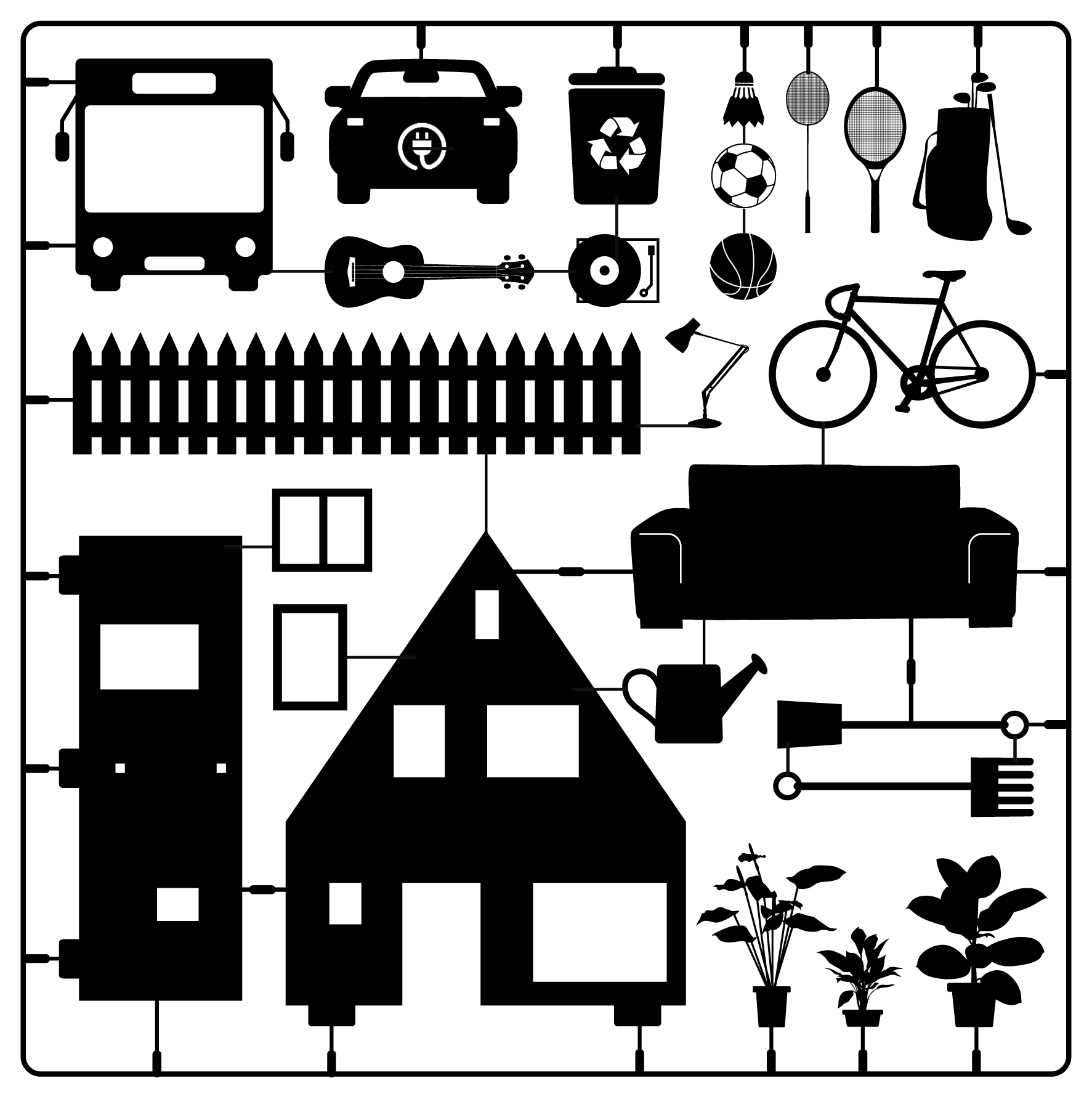The “Social Care Future” conference was held on 14th and 15th November 2018, in Manchester.
MUCH was invited to take part in the session entitled “Shaping a better future with older people who need long term support” at the People’s History Museum.
The focus of this session was on alternatives to institutional options and more traditional models, including housing options. It allowed the audience to consider ideas and models and identify appealing options, with help from Vic Raynor from the National Care Forum and Jeremy Porteus and Claire Skidmore from the Housing Learning Information Network.
The session used a Dragon’s Den format, where a number of organisations ‘pitched’ their alternative approaches to a panel, explained the benefits to individuals, local communities, health and care services.
The pitches:
Evermore’s motto is “Live life in full colour” and it plans to change the world’s view of ageing by abolishing institutions and creating spaces that provide physical, mental and emotional nourishment. The communities are based on the small household model and provide a family-style environment for older people who are on their own and finding it increasingly difficult to cope without help. One bedroom apartments open onto the household’s communal living room and kitchen, with a team of staff members who each clean, cook, manage the household budget and act as advocates for residents.
MUCH are building an intentional CoHousing community for over 50s. The vision is of active citizenship, decision making, and living together in a supportive way. The community will consist of individual apartments, together with communal spaces to cook, eat and socialise together, as well as shared outdoor space and laundry facilities. MUCH believes that the co-housing approach will help improve and extend older people’s health, combat loneliness and isolation, and postpone or even prevent the need for residential social care, sheltered housing, extra-care.
PossAbilities Homeshare matches up older householders with a spare room who need a little bit of support – shopping, gardening, cooking, with younger people who are able and willing to provide 10 hours of help per week, in return for a room. This can help them save up for a deposit on their first home, or help fund their studies. After careful matching, including face to face interviews, Homeshare draws up an agreement of expectations and responsibilities on both sides and provides 24 hour backup support.
Belong Villages provide a range of services from apartments where people live independently with emergency support, to households with 24-hour support for customers, including specialist nursing and dementia care. Each household is an ‘extended family’ sized community for 11 or 12 residents, with bedrooms opening onto an open-plan, shared communal space. Each village has a bistro, hair salon, exercise and therapy spaces which are open to all residents of the village as well as to the wider community, which allow customers to continue enjoying normal activities.
Manchester Care and Repair provide a number of services, from handymen who carry out small jobs and install fall prevention measures, ‘home from hospital’ services to help transition from hospital to home again, and assistance in claiming welfare benefits. They provide a cost effective means of avoiding hospital admissions following falls, and allow earlier return home than might otherwise be possible.
After each pitch was made the panel questioned the presenter, then, while the panel deliberated, the audience were given an opportunity to discuss the pros and cons of each approach in small groups. In their summing up the panel congratulated all the teams who took part on the work they were doing, suggesting that while people generally wanted to be part of a community in later life, they did not want to live in ghettoes of ‘old’ people.
While the alternatives pitched offered different degrees of support and management it was clear that only in the MUCH CoHousing approach did members collectively decide how they would manage and run their community, and support each other to remain in their homes for as long as possible. Two of the pitches were from organisations who provide support to people in their own homes, and the other two were from organisations who provide an interesting variation on residential care and support.
